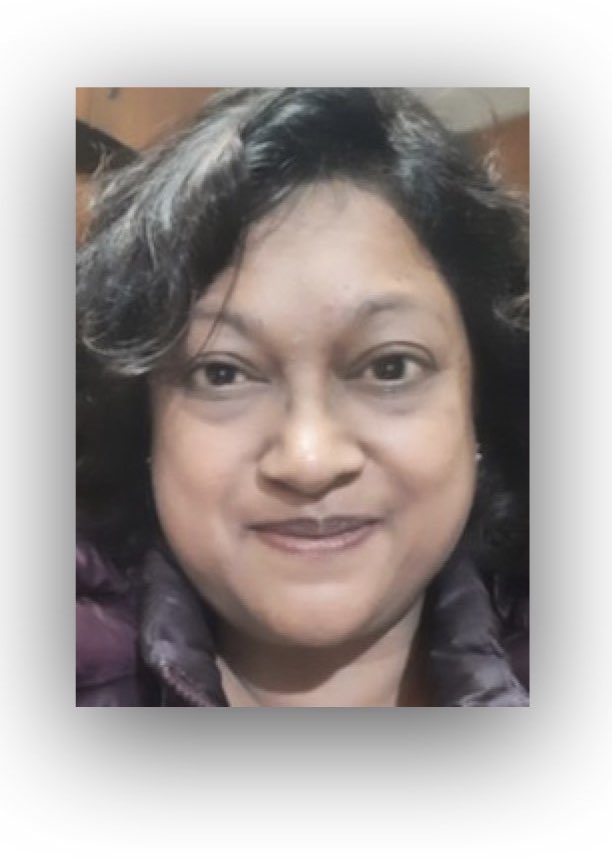
Read the inaugural Speech by Dr. Ivy Hansdak: “Is tribal identity relevant in today’s world?” delivered during the conference titled “Tribes In Transition-II: Reaffirming Indigenous Identity Through Narrative” | Conference report | Video presentation “Tribes in Transition III” (September 2021): Inaugural Session & Keynote Speech by Prof. Anvita Abbi >>
SANTAL ONOLIA HELMEL 2013
Introduction: For centuries, a large proportion of India’s rich literary heritage was conserved in oral form in the tribal/ indigenous/ adivasi languages of India. After these tribal languages were reduced to script form in the nineteenth century, their oral traditions were documented and preserved as folklore. But as these communities were integrated into Indian society, they began adopting the new literary genres and writing their own histories as poetry, song, short story, novel and drama.
Some of these tribal writings have been translated into English and other regional languages of India in recent years, but most have remained hidden from the outsider. One such tribal community whose literature has remained largely hidden is the Santal community. According to modern anthropologists, the Santals belong to the Mundari group, which is Proto-Australoid and Pre-Dravidian. They number about ten million and are dispersed over a large area, mainly in the states of Jharkhand, West Bengal and Orissa. Many have also migrated to Assam in North-East India, the Nepal foothills and northern Bangladesh. The Santals have a rich oral tradition and a strong sense of cultural identity. In 2003, the Santali language was included in the list of official languages in the Eighth Schedule of the Indian Constitution. Yet, most of its contemporary literary writings (in different scripts) have not been given due recognition by the Indian academia.
Objectives: The Santal Literary Meet 2013 aims to bring together Santal writers, scholars, academicians and publishers on a common platform for these objectives:
- to acquaint the present generation of Santals with modern trends in their language and literature
- to nurture new and upcoming writers in Santali with a view to enriching modern Santali literature
- to encourage translation of modern Santali literature into English and other regional languages of India
- to conserve Santali language and literature by facilitating publication of Santali literary works
- to promote research on Santali literature, language and culture within India and abroad
Methodology: The Santali term Jagwar meaning “vigilant, watchful” is expressive of the spirit of this Literary Meet, which will use a five-pronged approach to fulfill its main objectives:
- public readings by writers and poets
- circulation of handouts to the audience
- discussion with the audience after readings
- display and sale of published works by writers
- critical intervention by scholars and academicians
Source: Concept Note by Ms. Ivy Imogene Hansdak, Convener, Santal Literary Meet 2013
Report >>